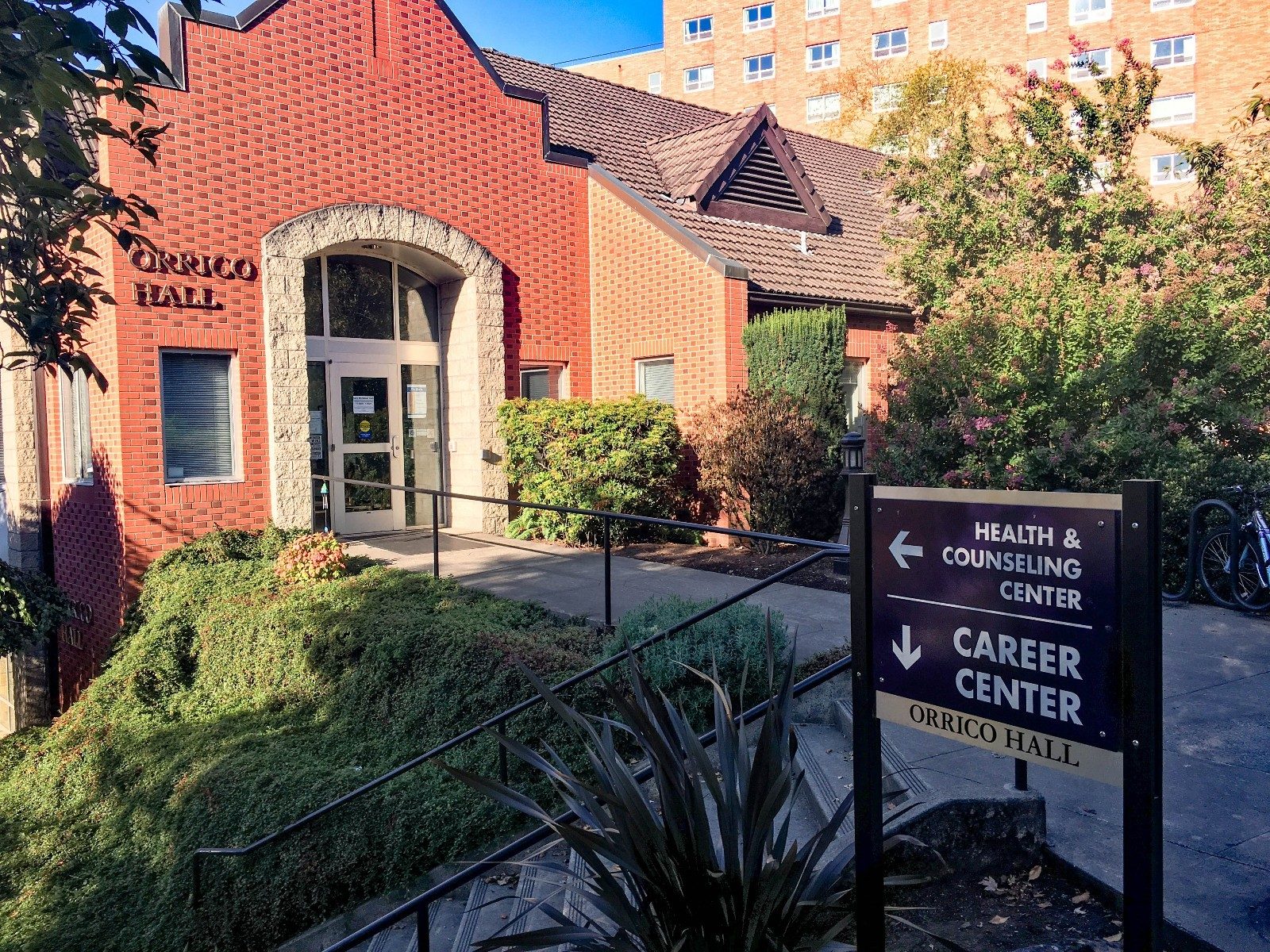When we on the academic side of the University have concerns about the mental health of our students, one of our obvious resources is the staff of the UP Health and Counseling Center. Whether we get there via Early Alert or through a direct contact, it can be helpful for faculty and academic staff to…Continue Reading To Whom do you Refer? The People on UP’s Counseling Staff
To Whom do you Refer? The People on UP’s Counseling Staff


